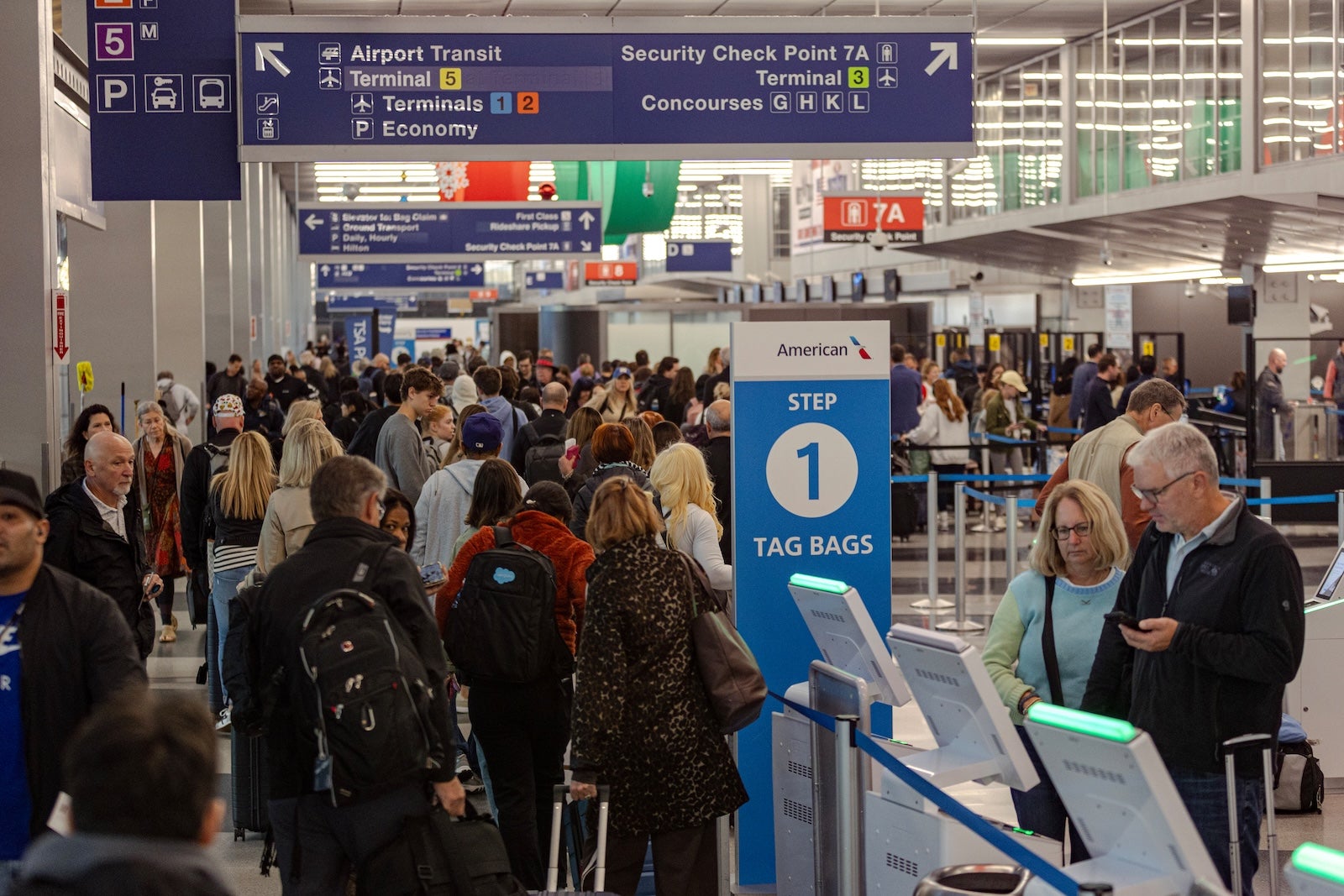The anticipation surroundingCall of Duty: Black Ops 7is already steeped in controversy, and a long-time fan believes Activision is fundamentally misreading the room. The current wave of criticism isn’t simply franchise fatigue; it’s a reaction to a perceived disconnect between the developers and the core player base.
While acknowledging some negativity is simply generalized “franchise bashing,” this player recalls a time when Activision demonstrably listened to its community, resulting in truly exceptionalCall of Dutyexperiences. Recent installments, however, feel like they’ve been crafted for a select few, ignoring the broader concerns of dedicated players.
The issues extend beyond simply feeling “stale.” A significant portion of the discontent stems from theWarzoneplayer base, a segment desperately needing a substantial overhaul – perhaps even a separation from the main game, a suggestion gaining traction for years. Past map iterations, like Caldera and Al Mazrah, were poorly received, and even the improved Urzikstan felt like a delayed correction after an excessively long wait.

The return of Verdansk was initially celebrated, but subsequent changes quickly undermined its appeal, addressing superficial issues while ignoring the fundamental problems plaguing the game. The next major map, slated for early 2026, echoes the timeline of Verdansk’s original release, potentially condemning players to another prolonged period with a map they’ve already exhausted.
ComparingBlack Ops 7toModern Warfare 3is reasonable, but the lack of widespread criticism surrounding the latter is perplexing. Many outlets labeledModern Warfare 3as glorified DLC, a sentiment fueled by the turbulence surrounding Microsoft’s acquisition. This context shapes the current skepticism towardsBlack Ops 7.
Looking back, a troubling pattern emerges. The period followingGhosts– encompassingAdvance WarfarethroughBlack Ops 4– felt like a period of experimentation gone awry. The pursuit of new audiences led to constant gimmickry and a shifting of core mechanics with each new release.

This current trajectory withBlack Ops 7feels eerily familiar, a return to that same cycle of chasing trends. The new features showcased in trailers and promotional materials reinforce this concern, leading this player to abstain from this year’s installment, hoping for a return to form reminiscent ofModern Warfare(2019).
The conversation extends beyondCall of Duty, highlighting a broader trend in the shooter genre. The success of a competitor this year is a significant moment, but it also begs the question: why are so many games facing negative sentiment?
In a crowded market, a strong identity is paramount.Call of Duty, in recent years, has strayed from its core principles, seemingly attempting to incorporate elements from every other successful game – gameplay changes, battle passes, skins, and crossovers – ultimately diluting what made the franchise great and introducing new issues.
Other titles have suffered similar fates.Destiny 2, once a genre leader, is now struggling with a lack of compelling content, underwhelming campaigns, and an overreliance on microtransactions. Its desperate attempt to revitalize interest with a “Star Wars inspired” expansion feels like a last-ditch effort.
Conversely, games likeArc Raiders,Escape From Tarkov, andBorderlands 4have found success by staying true to their core DNA. While not without their own challenges, these titles demonstrate a willingness to listen to their communities and evolve organically.
Borderlands 4represents a significant step forward after a disappointing third installment, while a competitor took time to address issues and nearly faltered. EvenOverwatch 2, despite a rocky launch, has improved through consistent community engagement. This reinforces the crucial point: games must define and maintain their identity.
Constantly altering a franchise’s core DNA creates instability and makes it difficult to retain players. Compounding this with excessive gimmicks, microtransactions, and pay-to-win elements further alienates the player base, particularly in a world where disposable income is increasingly limited.
The key to success lies in genuine community engagement – listening to a broad spectrum of voices, not just a select few. Recent releases that have returned to their roots demonstrate the power of this approach, fostering familiarity, expectation, and a foundation for meaningful innovation.
Developers who prioritize their core identity and build upon it thoughtfully will thrive. Games likeBlack Ops 7may struggle if they continue down the current path, but there’s still hope for a return to form. The industry needs to recognize that reinventing the wheel isn’t always necessary – sometimes, the best course of action is to refine what already works.






